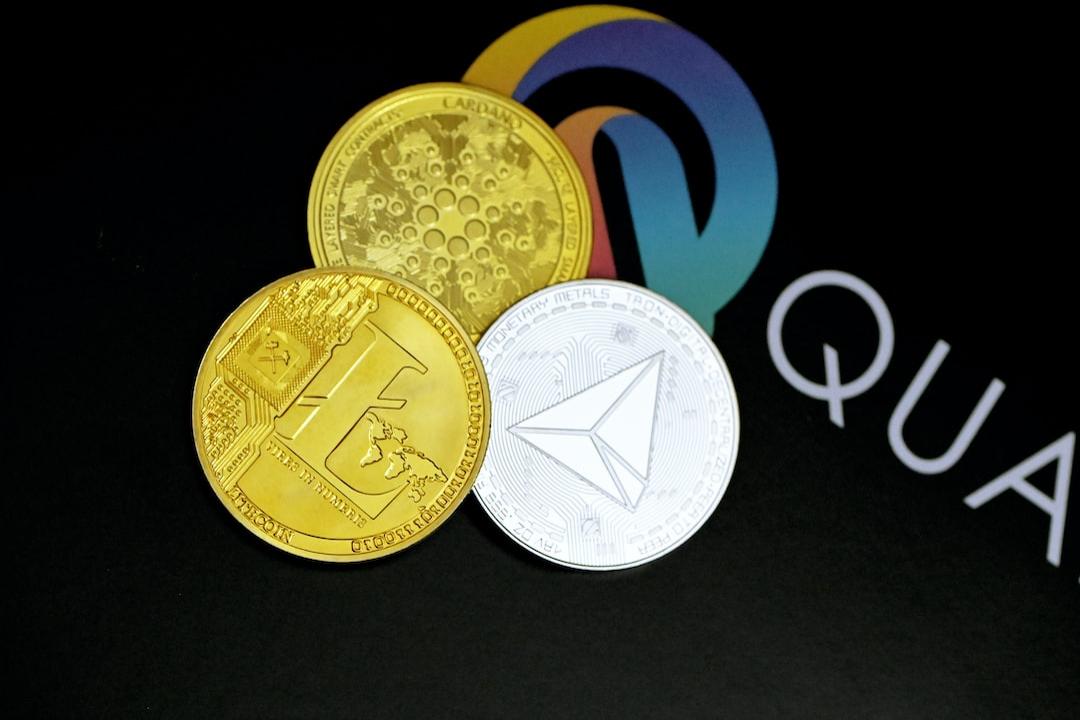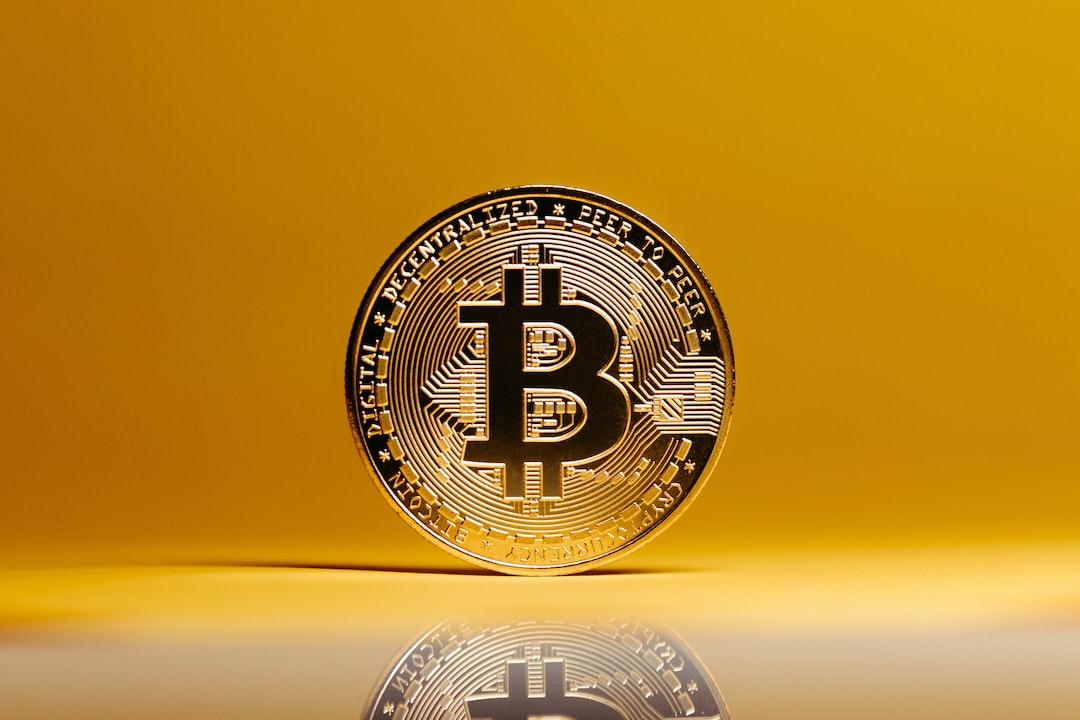Selling Dolls and Water NFT Authorized Products Pudgy Penguins and Ape Water Enter the Retail Industry
Contents
Toggle
Blue-chip NFT peripheral products enter retail channels
Pudgy Penguins targets the children’s doll market, offering licensing opportunities for collectors
Bored Ape canned water APE Water enters convenience stores
Pudgy Penguin NFT holders profit from physical product sales
Early founders exit, new founders become legendary teenage entrepreneurs
Strong challenges in entering physical channels
The NFT market has experienced ups and downs and continuous fluctuations over the past three years, with the majority of teams being forced to exit under accusations of being rug-pulled. The licensing and development of peripheral products for NFT avatars were once a hot topic, and currently, there are Pudgy Penguins and Ape Water, which have truly produced and listed their products in mainstream retail physical channels. The former has successfully entered the children and teenagers’ toy market, while the latter has listed mineral water in convenience stores.
Pudgy Penguins is considered an outlier in the NFT community. While Bored Apes and other blue-chip NFT holders are busy earning money through staking, Pudgy Penguins has shifted the market towards physical retail. Translated into Chinese as “胖企鵝,” Pudgy Penguins is an attractive toy for children among many avatar NFTs. The chubby and cute penguin design, with simple lines and casual clothing, is appealing to both adults and children.
Pudgy Penguins’ plush penguin toys have been gradually available at Walmart, the largest retail chain in the United States. With a market value of $542 billion, Walmart is second only to e-commerce giant Amazon, valued at $1.9 trillion. Pudgy Penguins announced last month that it would also be available at another American department store, Target (NYSE: TGT). With a market value of $67 billion, Target ranks eleventh among all retail channels in the United States. Pudgy Penguins’ main customers are Y2K teenagers aged 16 to 24, both male and female.
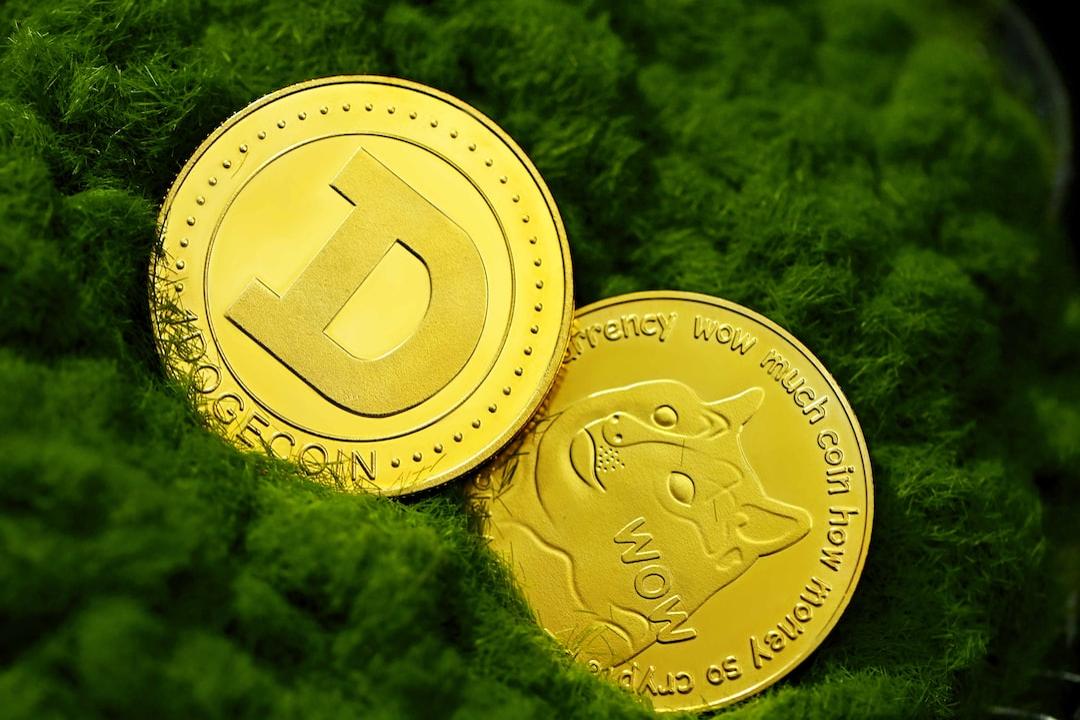

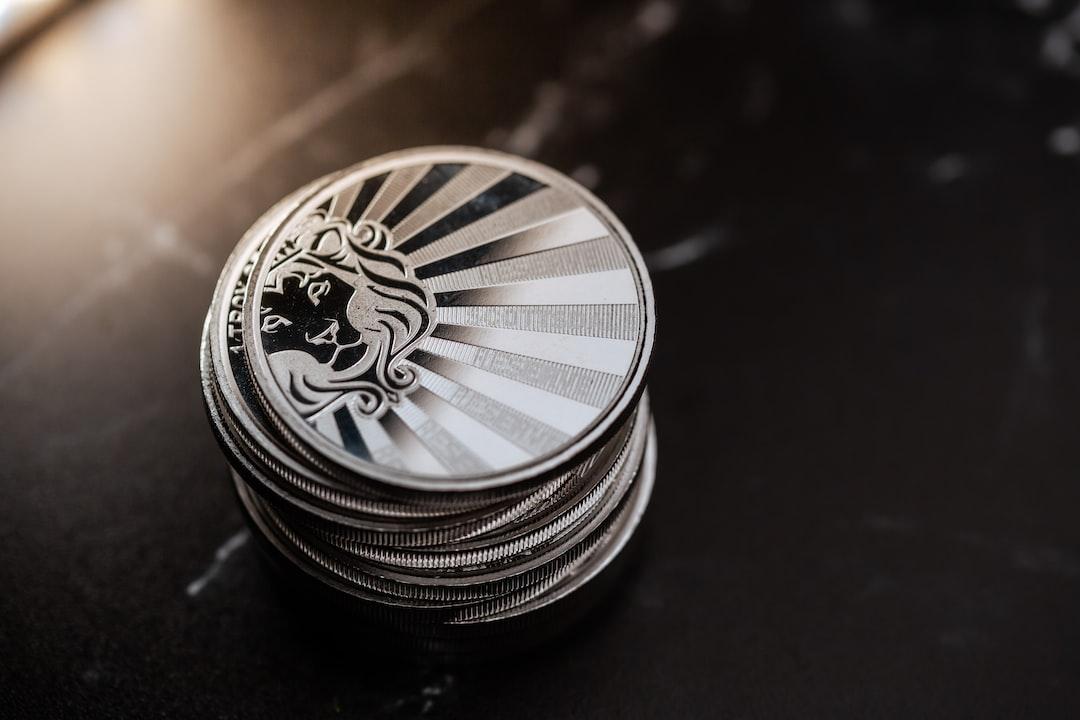

PMI Children’s World, a toy factory specializing in collaborations with gaming brands, has developed the second series of Pudgy Penguins, and the products have been stocked at Walmart and Target. Target recently listed six different designs of Pudgy Toys. These penguins’ designs are authorized for production by NFT avatar holders. Each Pudgy Penguins toy includes a QR code that links to the penguin character in the Pudgy World Web3 game. Additionally, Pudgy World is an online adventure game developed by blockchain company zkSync Era. Players can customize their penguin characters and participate in missions. The physical plush toys of Pudgy Penguins have reportedly sold over 1 million units. They have also started collaborating with South Korea’s Lotte Market.
Ape Water recently joined the Thank Ape accelerator, hoping to open the door for NFT-licensed products in the food industry.
The once prominent Bored Ape series in the NFT space has also started to explore monetizing its IP and metaverse games. However, the only company that has successfully authorized the production and manufacturing of products using ape avatars is a California-based startup called Ape Water. APE Water promotes its product as natural spring water from the mountains of the United States, with packaging design and materials 100% made in the USA. Its distribution channels include 7 Eleven, Terrible’s, Green Valley Grocery, and more.
In terms of avatar designs, Bored Apes anthropomorphize monkeys, and their expressions and accessories may not be suitable for developing a mass market. In contrast, the products produced by Bored Apes require detailed representation of monkey features, posing a major challenge in packaging design.
Through the OverpassIP product licensing platform, Pudgy Penguin NFT holders can apply for NFT IP licensing to develop new Pudgy Toys production lines. Pudgy Penguin holders can receive a 5% royalty fee from authorized plush penguin toy sales. Pudgy Penguin NFT holders not only own NFTs but also continuously benefit from real-world earnings.
The early founders of Pudgy Penguins were Cole Villemain and Clayton Patterson. Cole Villemain was accused of making empty promises to the community, failing to deliver on token, game, and educational book projects, and retaining funds in his own pockets. He was voted out and subsequently sold the company’s equity to Luca Netz.
In April 2022, Luca Netz acquired Pudgy Penguins for 750 ETH (equivalent to $2.5 million at the time). This 25-year-old entrepreneur appeared on the cover of Forbes magazine, with the headline “Fuzzy: Forget Bored Apes, Thank Walmart for Signing This Flightless Plush Bird – A 25-Year-Old Entrepreneur Created the Hottest Cute NFT Series in the World.”
Luca Netz’s rise to success is quite mysterious and inspiring. At the age of 16, he was a street youth, sleeping on other people’s sofas in Los Angeles. Growing up in a financially disadvantaged family, he dropped out of high school. At the age of 18, he founded his first company, selling fake gold necklaces on Shopify, making him a millionaire at 19. He invested in the Von Dutch leisure trucker hat brand and has a good understanding and taste for the retail market and e-commerce. Before taking over Pudgy Penguins, he was the marketing director of Gel Blaster toys, demonstrating excellent public relations skills and making it easier for him to enter retail channels compared to the average person.
As for the early founders who exited, what are they doing now? Cole Villemain (X @ColeThereum) announced on X today that he is selling his penguin for $8 million.
The U.S. retail industry is facing unprecedented inflationary pressures, with transportation, warehousing, and manufacturing costs all on the rise. In recent years, due to poor security, many department stores have chosen to close their doors due to a constant stream of robberies. Combined with supply chain and product promotion issues, Pudgy Penguins founder Luca Netz is preparing to expand into the Korean and Japanese markets in Asia. He may face new challenges in the geopolitics of these markets, as the anime and toy markets in Japan and Korea have long-standing die-hard supporters. It is worth continuing to observe whether Pudgy Penguins can establish a foothold in these markets.
Ape Water
Pudgy Penguins
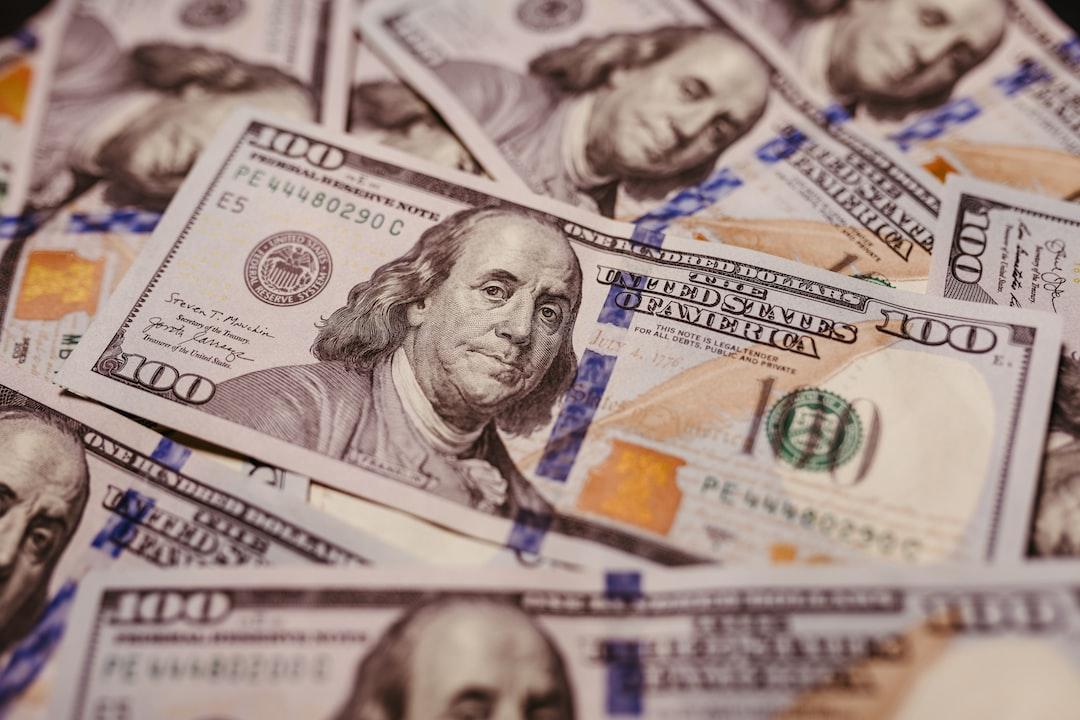
Further reading
NodeMonkes floor price approaches 1 BTC, surpassing Bored Apes to become the second-largest NFT project
NFTs experiencing an overall decline! Blue-chip projects have seen monthly declines of over 30%. Influencers point out the problem: Who is speculating on NFTs in a bull market?




